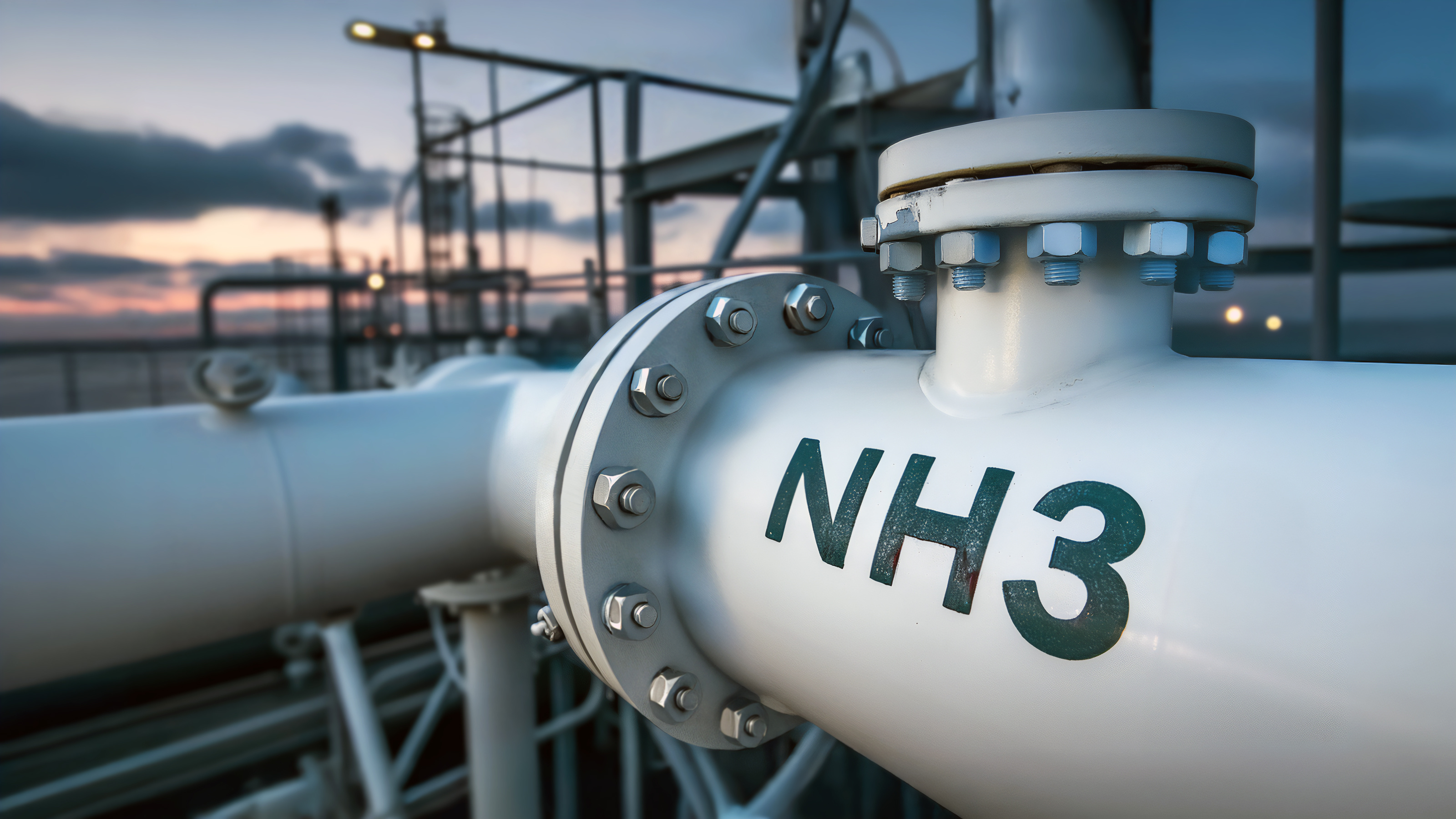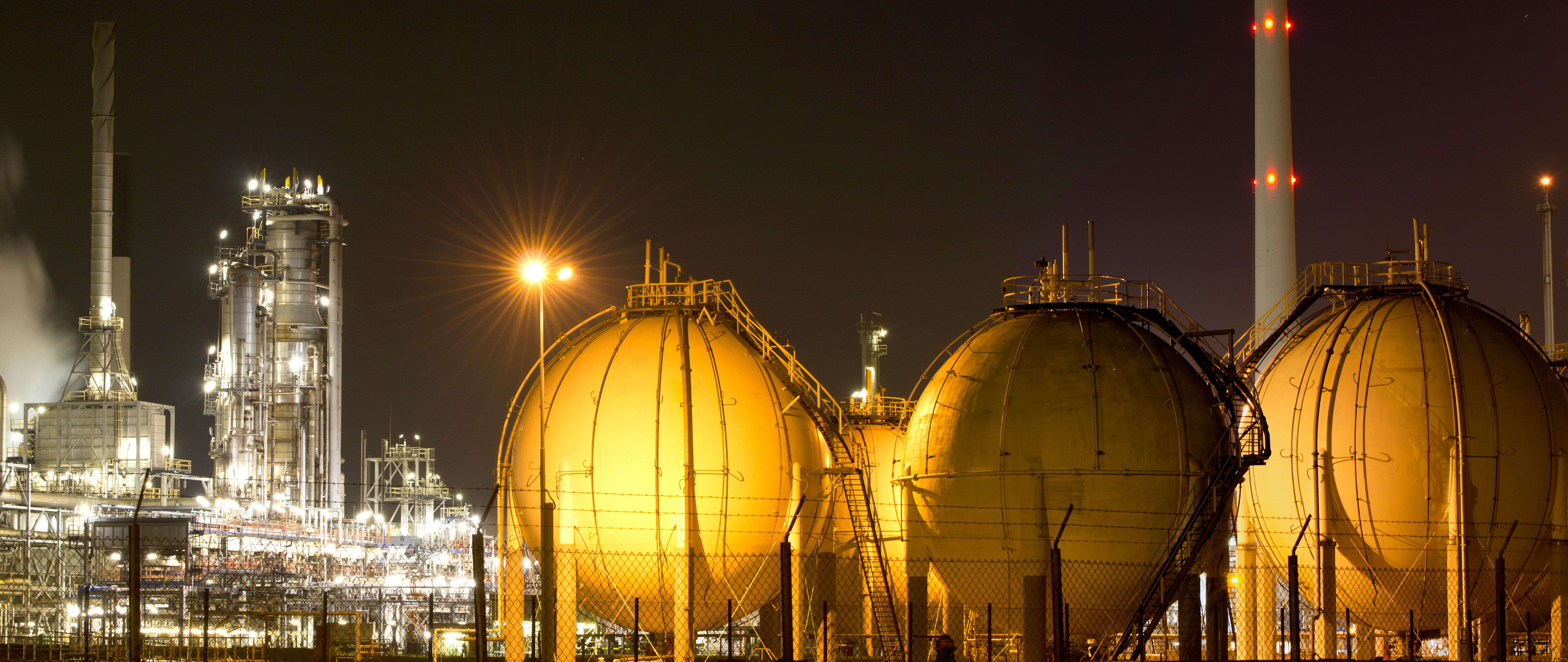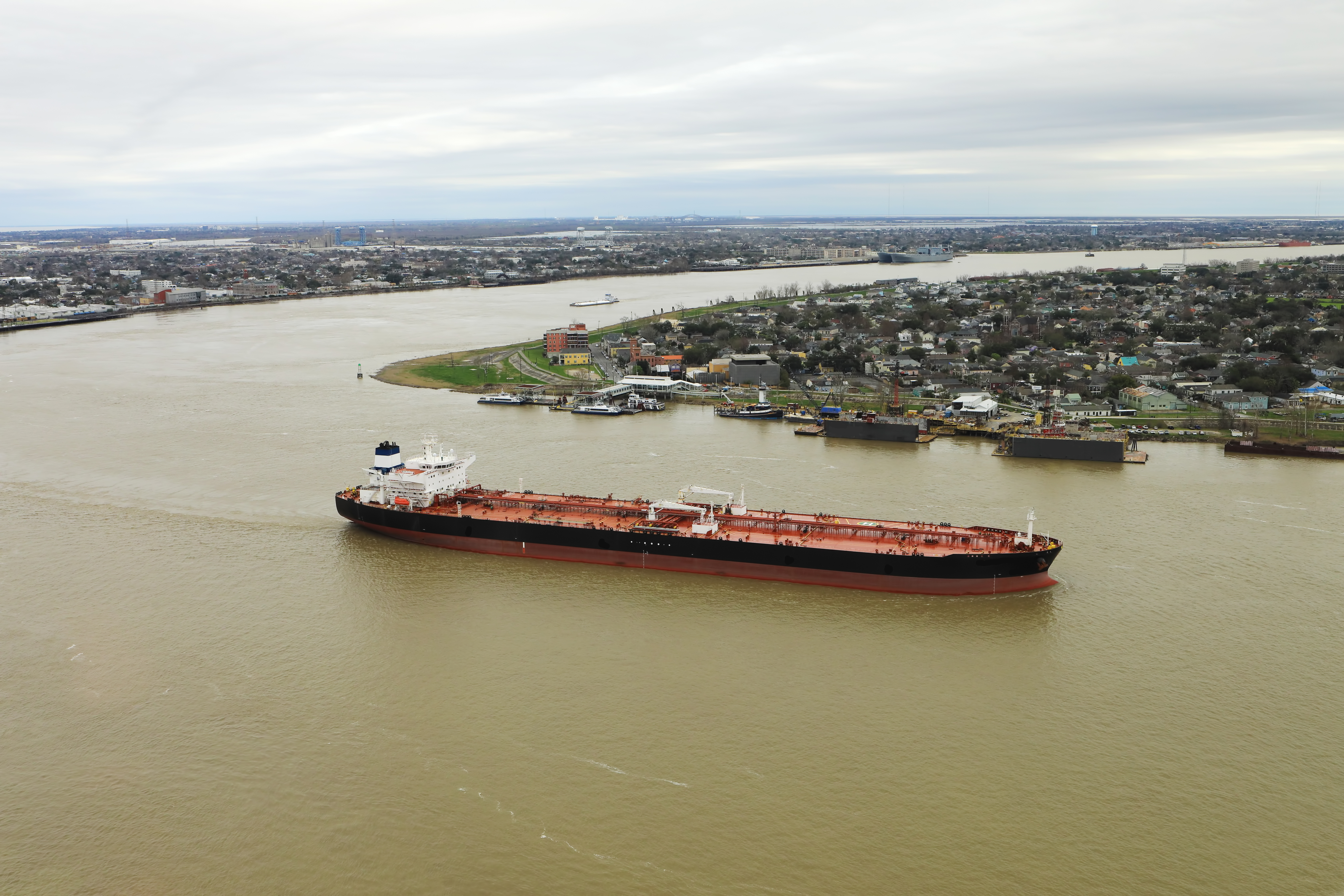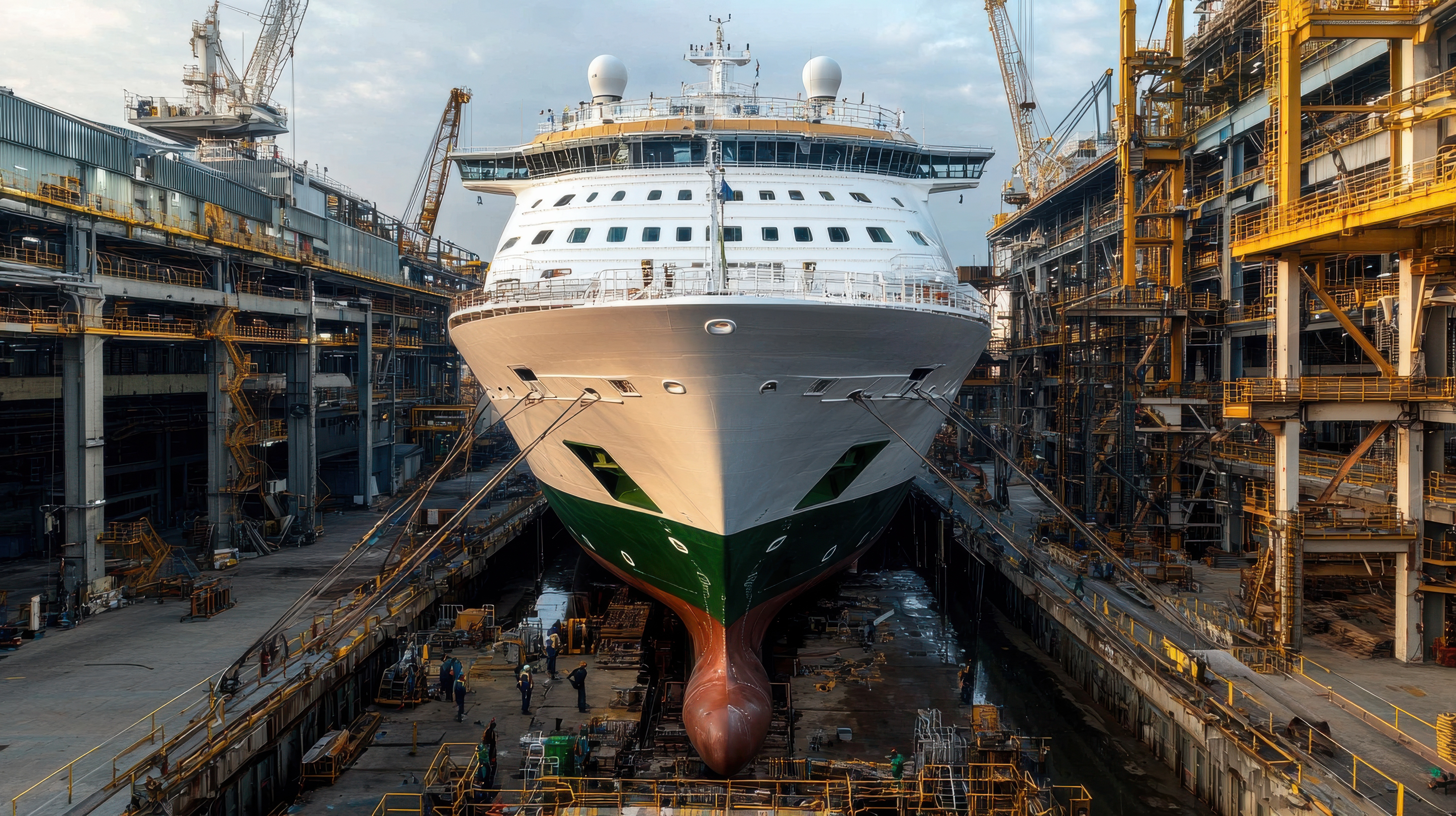P&I coverage during post-casualty towage
Towage, which is not part of ordinary or customary trading, requires planning. Owners need to consider the risks and understand the process required to maintain their P&I coverage.
Executive summary
This note is designed for shipowners and their brokers to outline the P&I coverage of their ships during towage to a repair yard. Usually, such towage follows a casualty or event giving rise to a Hull & Machinery claim. Owners need to ensure that they have considered their P&I risks and understand the process required to maintain P&I coverage.
The note outlines the need for Club approval of contract terms, as well as the importance of Warranty Surveys.
This publication is not a substitute for communicating with the Club, but should assist in planning for any towage following a casualty.
P&I coverage during towage generally
Towage after a casualty when towage is not part of the ordinary course of trading for a ship, or is not customary. Where towage is customary within port limits and part of ordinary trading, P&I coverage is generally not affected. Members are advised to contact the Club where there is doubt about whether a particular planned tow requires special insurances.
P&I coverage during post-casualty towage, ie not ordinary course of trading
After a casualty, a ship’s normal P&I cover continues under the Rules, but there will be (i) contractual concerns and (ii) safety concerns which the Club and Member must address.
First, costs associated with the preparation for the tow and towage costs to a repair yard or facility will usually be met by Hull and Machinery Underwriters as part of the hull claim. However, owners will generally have the responsibility for fixing the towage contract and may have to cover the initial costs pending submission of the claim to their Hull and Machinery Underwriter.
Second, towage contracts may attempt to impose new contractual liabilities on the entered ship. The Club may be unwilling or unable to absorb such additional, contract based risks, which may include additional liabilities to the tug or provide excessive indemnities to the tug operator. To ensure the Club is willing to cover the contractual liabilities, Members should always seek written confirmation of cover from the Club.
Third, the Club also has an obligation to the collective membership to determine whether some tows are too hazardous to be mutual risks. If a tow is too unsafe, or is imprudent, the Managers may indicate any resulting claim is unlikely to be covered. The Club Managers, like other underwriters, will usually rely on third party experts who issue tow approval certificates. The Club may ask or suggest the Member to lay the risk off on the market, ie buy a separate policy for P&I risks during towage. Where the Club approves a contract, the scope of P&I cover follows the normal Rules, such as injury, pollution or cargo aspects. P&I cover for towage does not expand to take on losses not in the regular P&I Club rules, such as commercial losses, loss of profit, physical damage to the ship, costs of towage or other liabilities not normally covered.
Read more by downloading the document below.




